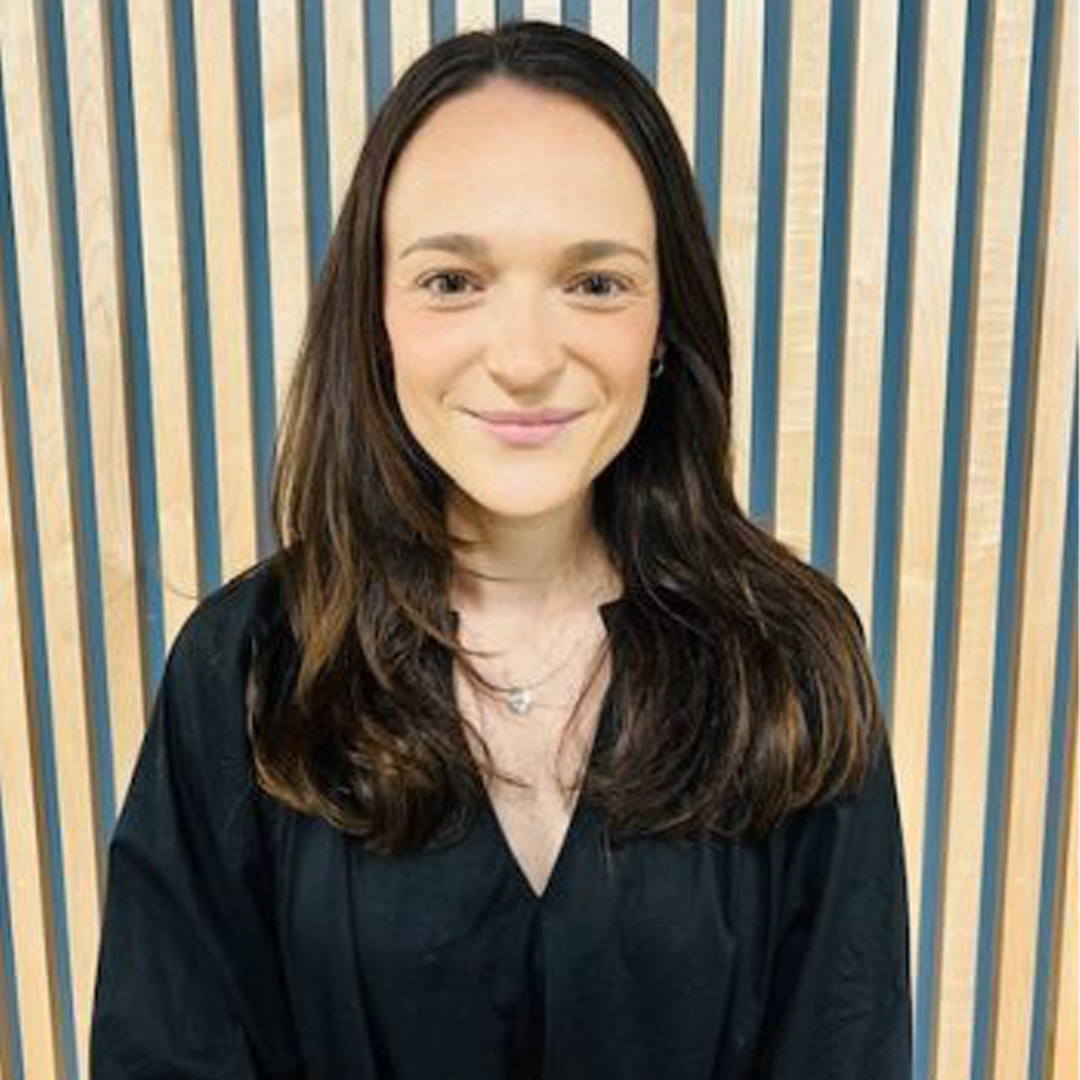Stimulant Addiction Treatment in Atlanta, GA
End Stimulant Addiction
Contact Valor Behavioral Health today to start your recovery from addiction.
Stimulant addiction can take a serious toll on both the body and mind, leading to long-term consequences. Our stimulant addiction treatment in Atlanta, GA focuses on addressing the full scope of each individual’s needs—emotional, psychological, and behavioral. Through a combination of evidence-based therapies, individualized treatment plans, and ongoing support, we help clients build the skills and resilience needed to maintain recovery and reclaim control of their lives.
Reach out today at (866)859-3442 now to learn more about our drug rehab programs and how we can help today!
What Are Stimulant Drugs?
Stimulant drugs are potent substances that speed up the brain and central nervous system, often resulting in dangerous physical and psychological effects. These drugs include illicit substances such as cocaine and methamphetamine, as well as prescription medications that are frequently misused. Stimulants are associated with a high risk of dependence and addiction and can cause disruptive symptoms such as an elevated heart rate, increased blood pressure, aggression, nervousness, and sleep disturbances.
As stimulant use continues, it can significantly harm a person’s mental health, relationships, and overall wellness—making professional intervention necessary for long-term recovery.
Our Stimulant Addiction Treatment Programs in Atlanta, Georgia
Our stimulant addiction treatment in Atlanta, GA encompasses a comprehensive range of treatment programs. Our goal is to provide the right level of care and structure to clients during each step of their journey to a healthier, happier future. Below is an overview of our Georgia-based programs.
Partial Hospitalization Program (PHP)
Our partial hospitalization program (PHP) provides intensive care during the day, while allowing clients to reside at home. Participants typically engage in therapeutic activities five days a week while in this program. Sober living housing is recommended for those in a PHP who do not have a stable home environment.
Intensive Outpatient Program (IOP)
While in our intensive outpatient program (IOP), clients attend treatment three to five days a week, with sessions lasting for a few hours at a time. This program helps clients strengthen their recovery foundation while providing ongoing support to prevent relapse and encourage long-term abstinence from stimulant use. We also offer a daytime and evening virtual IOP program to make treatment as accessible as possible.
Outpatient Program (OP)
Valor’s outpatient program (OP) is intended for those who are ready to re-integrate into daily life while continuing to work towards recovery. Clients attend weekly therapy sessions and support groups, balancing treatment with personal and professional responsibilities.
Evening IOP
Our evening IOP breaks treatment barriers for those with daytime commitments. Participants receive critical support during evening hours. This ensures treatment remains accessible when individuals are unable to disrupt work, school, or familial obligations.
Adolescent Program
Our adolescent program is specifically tailored for teens struggling with substance use disorders, including stimulant addiction and mental health challenges. It offers compassionate support to both adolescents and their families, therefore helping them set the stage for healing and success on a long-term scale.
Sober Living
Sober living is the perfect way to provide those in recovery with consistency and support, away from outside stresses and triggers. While in sober housing, clients live in a community with others in recovery, learning life skills and coping strategies while remaining focused on maintaining sobriety.
Alumni Programming
We offer alumni programming that provides continued support while promoting sustainable change. This may include counseling, group sessions, and opportunities/events designed to help clients stay sober while connecting with our recovery community.
Types of Stimulants
It is important to understand the different types of stimulants and how they impact the brain, so that you can seek proper help for yourself or your loved one. Though some stimulant drugs can be prescribed for legitimate medical conditions, misuse can swiftly lead to addiction and long-term damage.
Below are the most common types of misused stimulants, including both legal and illegal forms:
Amphetamines
Amphetamines are a class of stimulants that include prescription drugs typically used to treat conditions such as ADHD and narcolepsy. Examples include Adderall, Dexedrine, and Vyvanse. When used outside of medical guidance, these medications can be very addictive and may lead to a host of both short-term and long-term issues. In fact, continued misuse can cause emotional instability, paranoia, and serious cardiovascular difficulties.
Methamphetamine (Meth)
Methamphetamine is an extremely powerful and dangerous stimulant that is typically produced and distributed illegally. The effects include a powerful rush of energy and euphoria, but the substance quickly leads to dependence, intense cravings, and severe damage to both the body and brain. Ongoing use can result in unhealthy weight loss, hallucinations, dental decay (also known as meth mouth), and lasting cognitive and emotional impairments.
Cocaine
Cocaine is an illegal stimulant derived from the coca plant, commonly used in powder or rock form (this is known as crack cocaine). It results in intense but short-lived effects, including heightened energy, increased alertness, and a sense of euphoria. Repetitive use can lead to severe health complications, such as heart issues, stroke, and serious psychological dependence.
MDMA (Ecstasy/Molly)
MDMA is a synthetic stimulant associated with hallucinogenic properties. It is commonly misused in party or club environments. Though it may produce fleeting feelings of emotional warmth and increased energy, it disrupts the brain’s chemical balance, leading to confusion, sleep disturbances, and mood swings. Prolonged use has been linked to memory impairment, depression, and damage to serotonin-producing neurons.
Methylphenidate
Methylphenidate is a stimulant medication most often prescribed for conditions like ADHD. It is commonly found under the names Ritalin or Concerta. Because it increases dopamine levels in the brain, some individuals may take it without a prescription in an attempt to boost focus, energy, or academic performance. Misuse can lead to serious health risks, including dependency, anxiety, insomnia, and elevated heart rate.
Why Do People Abuse Stimulants?
People abuse stimulants for a variety of reasons, often seeking increased energy, focus, or a temporary break from emotional distress. Some individuals may misuse prescription stimulants like Adderall or Vyvanse to try to improve their performance academically or at work. On the other hand, people may turn to illegal substances like meth or cocaine in pursuit of intense euphoria.
Furthermore, some individuals may misuse stimulants to cope with underlying mental health conditions, such as anxiety, depression, post-traumatic stress disorder (PTSD), obsessive-compulsive disorder (OCD), bipolar disorder, or personality disorders.
Over time, what started as an attempt to feel more productive, confident, or in control can result in dependency, as the brain becomes increasingly reliant on the drug. Psychological, biological, and environmental factors often drive continued misuse, making professional treatment essential.
Signs and Symptoms of Stimulant Abuse
It is critical to recognize the signs of stimulant abuse, so that you can seek support for yourself or your loved one. Stimulant misuse can impact every facet of a person’s well-being, making it more and more noticeable as the addiction continues.
Common indicators include:
- Neglecting responsibilities at work, school, or home
- Irregular or rapid heartbeat
- Noticeable weight loss
- Dilated pupils
- Spending majority of time obtaining, taking, or recovering from stimulants
- Acting secretive or suddenly changing social circles
- Heightened energy or hyperactivity followed by clear fatigue or crashes
- Sudden financial issues
- Mood swings
- Profuse sweating
- Decreased appetite
- Difficulty sleeping or staying asleep
- Irritability
- Stealing to support drug use
- Doctor or pharmacy shopping for prescription stimulants
- Paranoia
How Can Stimulant Addiction Treatment Be Beneficial?
Stimulant addiction treatment in Atlanta, GA not only supports sobriety but also encourages emotional resilience and long-term personal development. By utilizing a variety of proven therapies and holistic practices, clients learn constructive ways to overcome the underlying causes of their addiction while establishing healthy ways to cope with triggers and stresses.
At Valor Behavioral Health, our approach to treating substance misuse and mental health issues is rooted in the post-traumatic growth (PTG) model. This philosophy allows individuals to move beyond the challenges of substance misuse and transform their lives so that they can achieve lasting purpose and fulfillment.
Effects of Stimulant Abuse
Stimulant abuse can have prolonged effects on both a person’s body and mind. Whether from prescription misuse or illegal drugs, the consequences can be devastating physically, mentally, and socially.
Highlighted below are some of the most common effects of using stimulants:
- Dependence and addiction, leading to withdrawal symptoms in the absence of drug
- Anxiety and paranoia
- Malnutrition and severe weight loss
- Noticeable dental problems (commonly referred to as ‘meth mouth’)
- Cognitive impairments, including memory loss and trouble concentrating
- Mood swings
- Heightened risk of heart attack, stroke, or other devastating cardiovascular issues
- Risky or impulsive behaviors
- Increased displays of aggression and irritability
- Sleep disturbances (insomnia or disrupted sleep patterns)
- Skin sores and lesions
- Chronic nasal issues from cocaine use
- Mental health issues (depression, anxiety, or psychosis)
How We Treat Stimulant Addiction
At Valor Behavioral Health, we offer effective treatment options while prioritizing a personalized approach. While at our facility, clients participate in evidence-based modalities, medication-assisted treatment, and holistic interventions to ensure a well-rounded healing experience. We provide each individual with a treatment plan specifically tailored to meet their unique needs, history with addiction, and recovery goals.
Therapeutic services offered through our stimulant addiction treatment in Atlanta, GA, include:
- Psychiatry: Our experienced psychiatrists conduct thorough evaluations and provide medication management to address any co-occurring mental health conditions and support overall wellness.
- Cognitive Behavioral Therapy (CBT): CBT helps individuals identify and change negative thought patterns and behaviors, thus enabling them to develop healthier coping strategies and manage triggers associated with their stimulant misuse.
- Dialectical Behavioral Therapy (DBT): DBT aims to help clients regulate intense emotions, manage stress, and improve interpersonal relationships. Additionally, it places a special emphasis on the therapeutic relationship between the patient and mental health provider.
- Individual Therapy: Talk therapy offers a safe, supportive, and structured space in which clients can explore their thoughts, feelings, and behaviors.
- Somatic Therapy: This therapeutic approach addresses the mind-body connection by using physical techniques to assist individuals in releasing stored trauma and promoting both emotional and physical healing.
- Holistic Therapy: Our holistic strategies intend to balance the mind, body, and spirit. Examples include nutritional counseling, yoga, meditation, and mindfulness practices.
- Trauma Therapy: In trauma therapy, clients work with trained therapists to process past traumatic experiences. This allows them to heal and move forward on the path to recovery with renewed resilience and strength.
- Family Therapy: Family therapy encourages communication and healing within the family unit. The goal is to help loved ones understand addiction, rebuild trust, and support the individual as they work towards ongoing abstinence from stimulants.
- Group Therapy: Group therapy consists of a supportive atmosphere where clients can share their experiences with others who are facing similar difficulties. It encourages community while reducing the unfortunate stigma sometimes associated with addiction.
Addiction Treatment
Get Help Now
If you or a loved one is struggling with mental health issues or dual diagnosis disorders and seeking a balanced approach to recovery, our alcohol rehab in Atlanta may be the right choice.
Find Stimulant Addiction Treatment in Atlanta, GA
Stimulants can wreak havoc on your professional and personal life as well as your mental, physical, and emotional well-being. It is crucial to seek treatment as soon as possible so you can prevent further damage and begin the healing process. Our comprehensive programs are designed to help you move forward from addiction in a healthy way, preventing relapse and encouraging long-term growth.
To get started today, give us a call at (866)859-3442 or visit our admissions page.
Treatment Philosophy

Meet Our Team

















